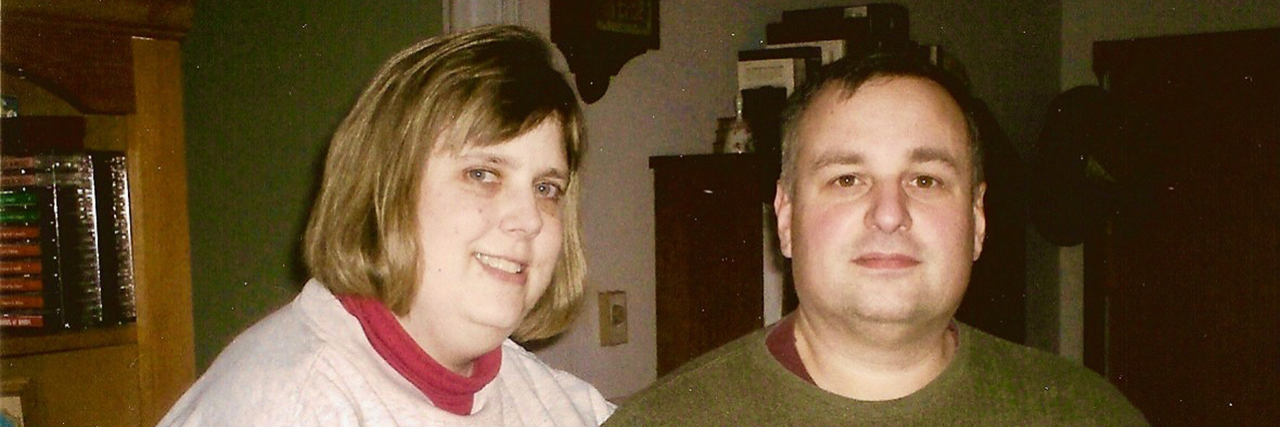When I had my stroke 13 years ago, I remember how my husband Philip took over everything, from the household chores to making meals, grocery shopping, taking me to my appointments or having his parents fill in when he had to work full-time. I couldn’t safely use the stairs to do laundry, use the stove to make meals, shower alone for fear of slipping in the tub, or drive. I felt useless and like a burden to Philip, especially on the days he’d come home from working over 40 hours a week tired, cranky at times and then having to make dinner for the both of us.
It wasn’t easy for me recovering either; going to rehab for two hours, three times a week would tire me out. I’d be working on my weakened cognitive skills on my “off days” and would get frustrated if I struggled to type, couldn’t comprehend what I was reading, or my spelling or grammar were weak. I was strongest in these in high school and excelled at them in college. It just broke my heart to hear from the neurological psychologist that I was at a 10th grade level in all of these whereas before, I was at a college level. Also, my entire right side was very weak from being partially paralyzed and I had to relearn how to write, grab things, and regain the strength I had lost.
On one particular day, my husband came home with a surprise for me. I opened the box to find a digital camera. He explained that he thought it would be good for me to learn a new hobby by teaching myself how to read and follow written instructions, since I was struggling with that as a side effect from my stroke. Also, he wanted to keep me from being depressed since I was limited in what I could do and he felt bad about it. I was almost in tears because of his thoughtfulness. I was feeling down and useless for a while, and out of nowhere my husband gives me a gift of encouragement to keep working at one of my weaknesses so I can improve over time.
Please have patience if your loved one is recovering from a stroke, as it takes time for the body to recover. Rehab plays an important part in a patient’s recovery if they’ve experienced any weakness, memory loss, or basic skills other people take for granted such as reading, writing, or driving. Both of you will get frustrated at times, especially if the prognosis isn’t what you expected, either of you had a bad day so you take it out on the other, or both of you are exhausted. A sense of humor helps as well, because the journey is long and you’ll need each other to lean on for support.
To quote a couple of lyrics from one of my favorite Christina Aguilera songs, “And when I need a friend, you’re always on my side giving me faith, taking me through the night.” “For the strength to be strong, for the will to carry on, for everything you do, for everything that’s true, I turn to you.”
We want to hear your story. Become a Mighty contributor here.
Photo provided by contributor.

